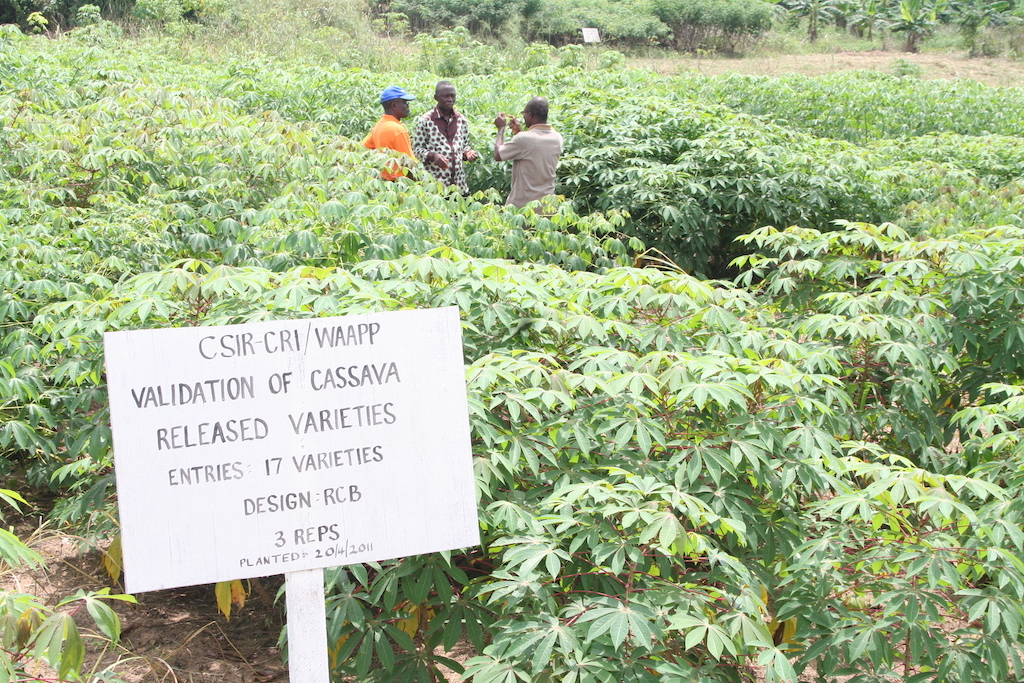Indigenous public and private resources supplemented by donor assistance are the principal pathways to the sustainable funding of research in AfricaÔÇÖs food system, a continent-wide virtual forum organized by the African Union has heard.
On Thursday, July 2, 2020, the African Union Semi-Arid Food Grain Research and Development (SAFGRAD) convened close to 175 development actors in an online conference to discuss innovative mechanisms to finance research in Africa.
CORAF participated in the event, sharing a proven regional experience and approach on funding research. As part of the implementation of the Agriculture Policy of the Economic Community of West Africa States, CORAF led the regional implementation of the West Africa Agriculture Productivity Program (WAAPP). It put in place an innovative approach to regional collaboration and integration through research. Many have praised its regionality dimension and now consider it as a template for deploying future interventions of regional scale.
ÔÇťIf our problems donÔÇÖt stop at the borders, then our solutions shouldnÔÇÖt,ÔÇŁ said Dr. Abdou Tenkouano, the Executive Director of CORAF at the online event.
Relying on Indigenous Africa Resources for Research?
ÔÇťYou cannot build your house based on your neighborÔÇÖs kitchen,ÔÇŁ argued Dr. Yemi Akinbamijo, the Executive Director of the Forum for Agricultural Research in Africa (FARA). FARA is a technical partner of the African Union. ItÔÇÖs mission is to coordinate and advocate for food system research in Africa.
There is currently an imbalance in the funding of agriculture research in Africa. Recent data shows that research and development (R&D) activities in Africa are primarily donor driven.
In reference to the current donor-dependency, Dr. Yemi called on R&D actors to prioritize national alternatives and not depend entirely on donor funding.
The African Union has mandated its member countries to spend one percent of their gross domestic product on research and development. In practice, this is far from reality. The African Union conference was designed to allow actors to mull innovative approaches and suggest recommendations to decision-makers.

International Funding Still Relevant
While shareholders acknowledged the centrality of national public and private funding to the transformation of the food system, they also recognized that it still needs to be complemented by donor funding.
ÔÇťWe must count on national systems, but we should also rely on regional and international partners to fund research. No country can handle all its agricultural research needs alone,ÔÇŁ said Dr. Hamidou Tamboura, the Director-General of FONRID ÔÇô a public agency in Burkina Faso dedicated to the financing of research and innovation projects.
The FONRID Head said the current indigenous models of funding research are working. He said that countries should continually find innovative ways to engage the private sector, particularly those in the mines, oil, gas, and other major commodities, to generate finances for research in food systems.
For example, Cote dÔÇÖIvoire funds its research mostly via an innovative tax arrangement through the┬áInter-professional Fund for Research and Advisory Council┬á(FIRCA). Participants welcomed such creative national methods. Not only did they call for its replication, but also a compilation of these models.
A Partnership Approach & Optimizing International Funding
Among the many organizations represented at the call was the European Union (EU). The EU is currently investing over 200 million EURO in research and development in Africa.
At the online conference, the EU was represented by Christophe Larose, Head of the Sustainable Agriculture sector.
ÔÇťThere is still an imbalance in terms of external funding into research in Africa. This has to decrease,ÔÇŁ said the EU official.
However, Christophe said what matters is how you optimize the use of foreign investment in Africa.
ÔÇťThe question is, how do you optimize the use of external funding? How do you use the external funds to create impact?ÔÇŁ
The current form of support of the European Union to AfricaÔÇÖs agriculture research seeks to both build capacity and strengthen governance. In doing so, the EU seeks to advance multi-actor partnerships to tailor the research agenda to the local needs.
He praised the existing national and regional funding models arguing that ÔÇťthe lasting solutions will come from the continent.ÔÇŁ
At the international level, the EU official called on African countries to be proactive in shaping the global research agenda through the CGIAR system. And at the regional level, he welcomed research funding approaches that advance the pooling of resources, thereby reducing duplication and waste.
What is SAFGRAD?
SAFGRADÔÇÖs role is to lead activities on the resilience of rural livelihoods in semi-arid Africa. Its vision is to accelerate the growth of agriculture by promoting productive-friendly technologies and by building institutional capacity. It focuses on agricultural research, technology transfer, marketing, enhancement of value chains, management of natural resources, mitigation and adaptation to climate change, combating desertification, policy development, and information dissemination to rural communities.
The online event was chaired by Josefa Leonel Correia Sacko, Commissioner for Rural Economy and Agriculture African Union Commission and moderated by Dr. Ahmed Elmekass, Coordinator of AU SAFGRAD.
Read also:
- An African-wide Forum Discusses CORAFÔÇÖs Innovative Approach to Financing Research
- New Dispensation for Agri R&D in Benin?
- Fruits and Legume Hub Gets New Lab Paving Way for Quality Research
- Research Hubs to Assess Progress Towards Excellence
- WAAPP Made Substantial Contribution to West Africa Research, report
- Fully equipped, the Regional Center on Dry Cereals Assumes ItS Catalytic Role
 English
English
 Fran├žais
Fran├žais 
